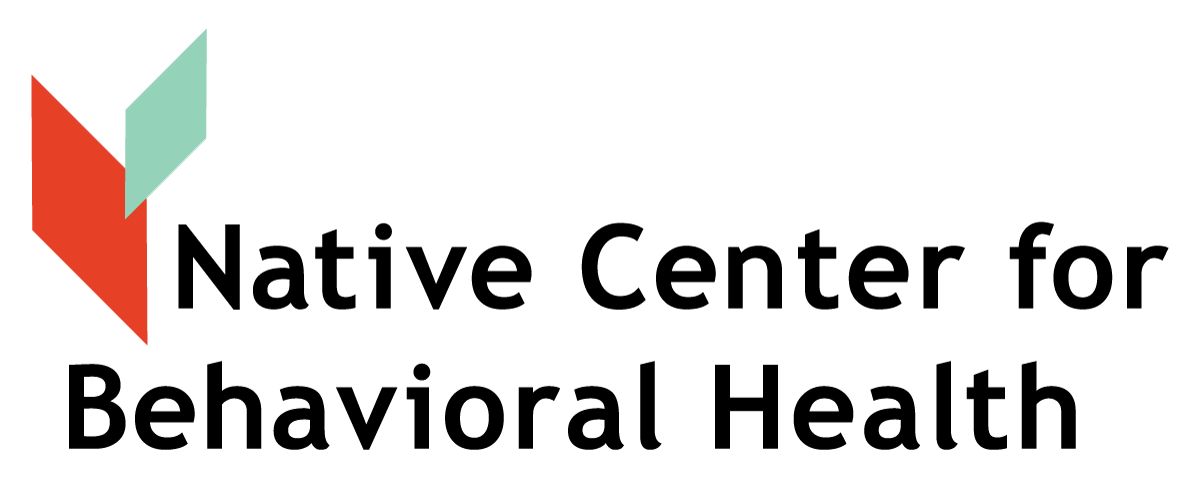
About Us
The Native Center for Behavioral Health is a research and training center at the University of Iowa College of Public Health committed to developing programs to support the behavioral health workforce in Native American and Alaska Native communities across the country. Our current projects include the National American Indian and Alaska Native Childhood Trauma Treatment and Service Adaptation Center (Category II) and the Greater Sioux City, Iowa, Mental Health Awareness Training program for Indigenous communities and individuals in and around Sioux City.
Our mission is to serve as subject-matter experts and key authorities on resources for culturally informed prevention practices, addiction treatment, recovery, and mental health services, supporting behavioral health professionals working with Native communities. We focus on using evidence and experience-based methods, as well as traditional cultural practices for treatment of those suffering from substance use and other behavioral health disorders, and providing technical assistance to communities in crisis due to a mental health or addiction epidemic. By partnering with local Native behavioral health workforce members, we utilize indigenous knowledge to create culturally informed experiences for providers and clients.


NCBH History


Before the National American Indian and Alaska Native ATTC was developed, the federal Center for Substance Abuse Treatment (CSAT) first funded 11 “Addiction Training Centers” (ATCs) in 1993. Only 19 US states, along with Puerto Rico, were included, Iowa not being accepted. Two years later, Iowa and three other states were given the opportunity to apply through a sub-contract. The ATC of Iowa was funded as a sub-contract from Governor State University in Illinois. In 1996, the program was renamed to “Addiction Technology Transfer Centers” (ATTCs) to better reflect the scope of work.
The ATTC Network was established in 1998, with 13 regional centers and the ATTC national office. The Prairielands ATTC was one of 13 centers and served four states: Iowa, Nebraska, North Dakota, and South Dakota. Prairielands ATTC revised and updated the medication-assisted treatment (MAT) program in substance use disorders (SUDs), which was the first of its kind to focus on treatment of SUDs and co-occurring mental health disorders. The change was approved in 2001 by the Council for Accreditation of Counseling and Related Educational Programs (CACREP). CSAT funded a new round of ATTCs in 2002, 2007, and in 2012. In 2012, 10 Regional Centers, along with the development of four national focus areas – the National American Indian & Alaska Native ATTC, the National Frontier & Rural ATTC, the National Hispanic & Latino ATTC, and the National Screening, Brief Intervention & Referral to Treatment ATTC – were established.
The Native Center for Behavioral Health housed the National American Indian & Alaska Native ATTC, Mental Health TTC, and Prevention TTC from 2018 to 2023. In 2023, SAMHSA replaced the National AI/AN TTCs with an AI/AN Behavioral Health Center of Excellence.
The Native Center continues to host the National AI/AN Childhood Trauma TSA, Category II, and the Greater Sioux City, Iowa, Mental Health Awareness Training program.
Please explore our website for information and resources, sign up for emails that interest you, and contact us if we can be of assistance.
